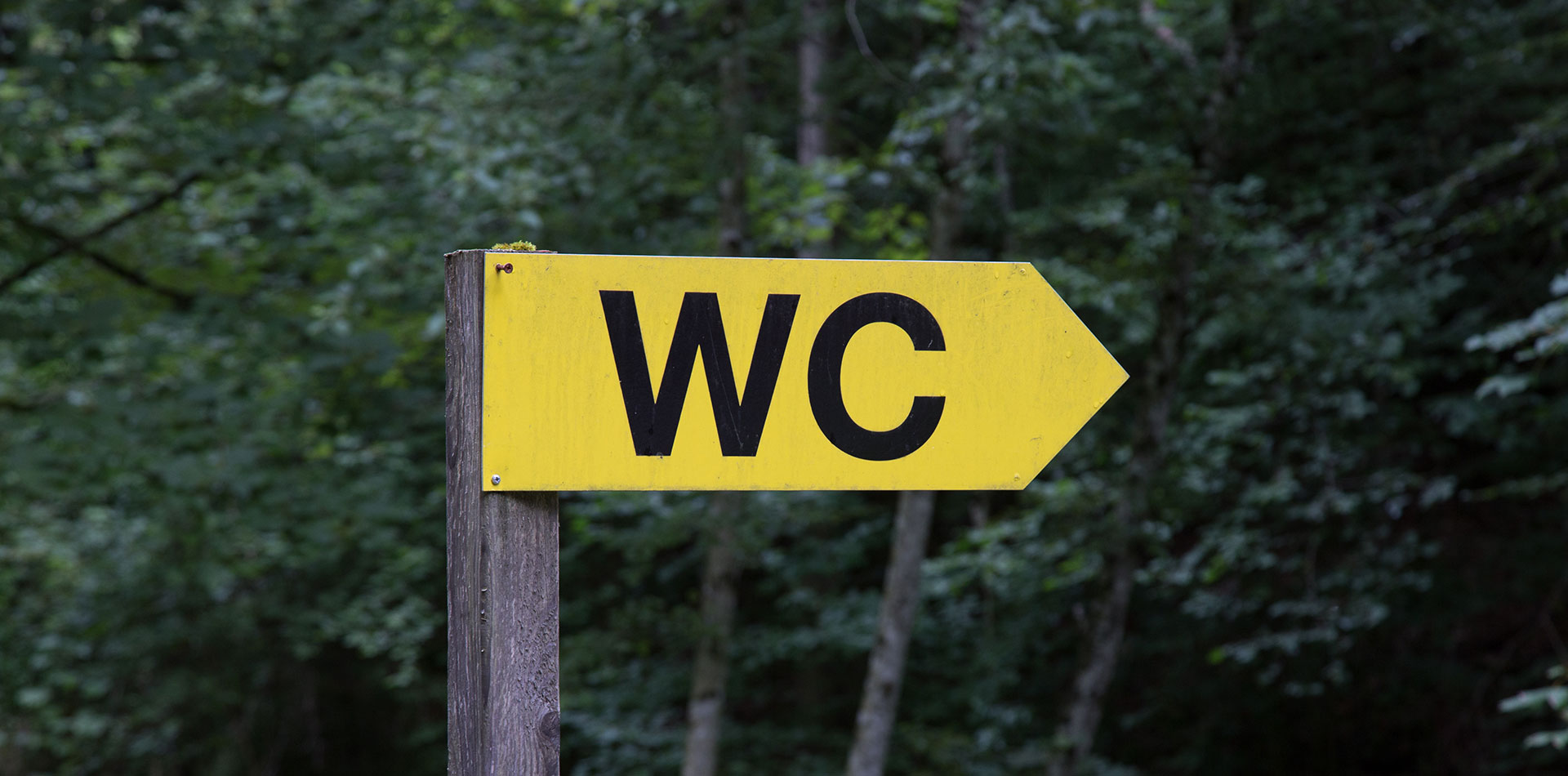
“Wastewater is the most reliable source of water in the city.”
Switzerland, too, is experiencing water scarcity due to global warming. One approach to counteracting this is to process wastewater. In this context, decentralised systems that purify the service water directly at the point of origin are becoming more and more important. Vuna GmbH has been developing, planning and building such solutions since 2016. Managing Director Bastian Etter talks in an interview about wastewater as a source of water and a supplier of valuable nutrients.
Bastian Etter, which of the Vuna solutions are currently in particular demand – and what are the reasons for this?
Bastian Etter: Several solutions are in high demand, such as our plant that produces the fertiliser Aurin from urine, dry toilets that do not require water, or plant filters that treat grey water, which we can then reuse. Each of these technologies closes loops and recovers valuable resources. This is why demand is so high – our clients want answers to the current water or fertiliser shortages, or simply to invest in a more sustainable future.
What is the current state of technology in the field of decentralised (waste)water treatment? What are the most important innovations at present and where do you see further potential?
Bastian Etter: The technology is there, the potential is far from exhausted yet. We could process much more decentrally than we do today and start recovering water and recyclables. For example, using treated wastewater for irrigation is particularly interesting. If we want to green our cities to do something about urban heat islands, we need a lot of water. The problem with rainwater is that it always comes when we don’t need it for irrigation. Wastewater is always produced and is therefore the most reliable source of water in the city.
I still see potential for innovation in urine treatment: our plant, which produces Aurin fertiliser, is suitable for buildings with 500 people or more. We are still looking for a solution for smaller buildings to efficiently and easily produce fertiliser from urine.
Looking back over the past year or two, what were your most exciting projects?
Bastian Etter: We have the privilege of working only on exciting projects. Our team loves challenges and every project is an evolution of existing technologies. But it also takes a lot of patience: often it takes years until we have the necessary permits and the project is fully implemented. It’s therefore particularly exciting when we can convince both the authorities and the users of our technologies. Frequently, the transport to the construction site alone is rather interesting. We have transported material by ski, boat, bike, helicopter, train, cable car and occasionally by car.
"We could do a lot more decentralised treatment to recover water and recyclables."
Bastian Etter
Managing Director at Vuna Gmbh
LinkedIn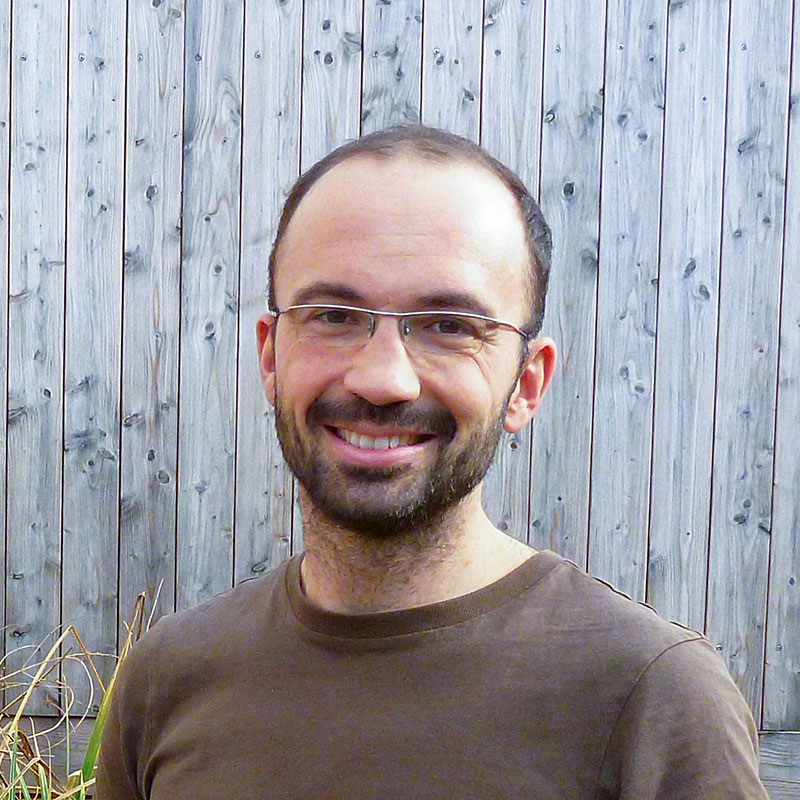
Which project would you like to realise?
Bastian Etter: I want to develop a waterless train toilet. On the one hand, because I very much appreciate the railway as the most efficient motorised means of transport and, on the other hand, because the demands on a train toilet are particularly high: everything must fit into the smallest space, withstand constant vibrations and work permanently and perfectly with minimum maintenance.
Which cooperation partners are particularly important for you?
Bastian Etter: Our work is based on cooperation. As a small company, we are dependent on working together with various partners. Particularly important are the authorities who approve our sometimes unusual projects or construction companies who think along with us and come up with creative solutions, and finally also the clients who support innovation and development.
Do you have a “water vision”? What should be our ideal way of handling water? How do we get there?
Bastian Etter: We need creative solutions. To achieve this, we need to think in cycles: not only with water itself, but also with ideas. Innovation is also a cycle in which one constantly “recycles” and improves old ideas – and definitely overtakes dusty ones.
What do you want from politics?
Bastian Etter: A clear focus on cycles. Parliament is currently debating a new version of the Environmental Protection Act and is in the process of extending the concept of cycles to include nutrients and water. Of course, nothing has been conclusively decided yet, so I would like Parliament to seize this opportunity and clearly state that we have to close loops. In the future, the Waters Protection Act will also have to be adapted so that the law no longer prescribes the linear system as our standard.
And what do you want from society?
Bastian Etter: We now have to rethink and tackle multiple challenges at the same time. Ultimately, we simply cannot avoid consuming less so that our planet will continue to be worth living on in the future. This is up to all of us, especially the “richer” countries, which consume proportionately more resources and place an uneven greater burden on the environment.
Thank you very much Bastian, for the insights into your work!
Want to keep reading?
«You have to work together to design the best solutions».
We asked VaLoo Managing Director Louise Carpentier why the time is ripe for change when it comes to establishing a circular sanitation system in Switzerland.
Read more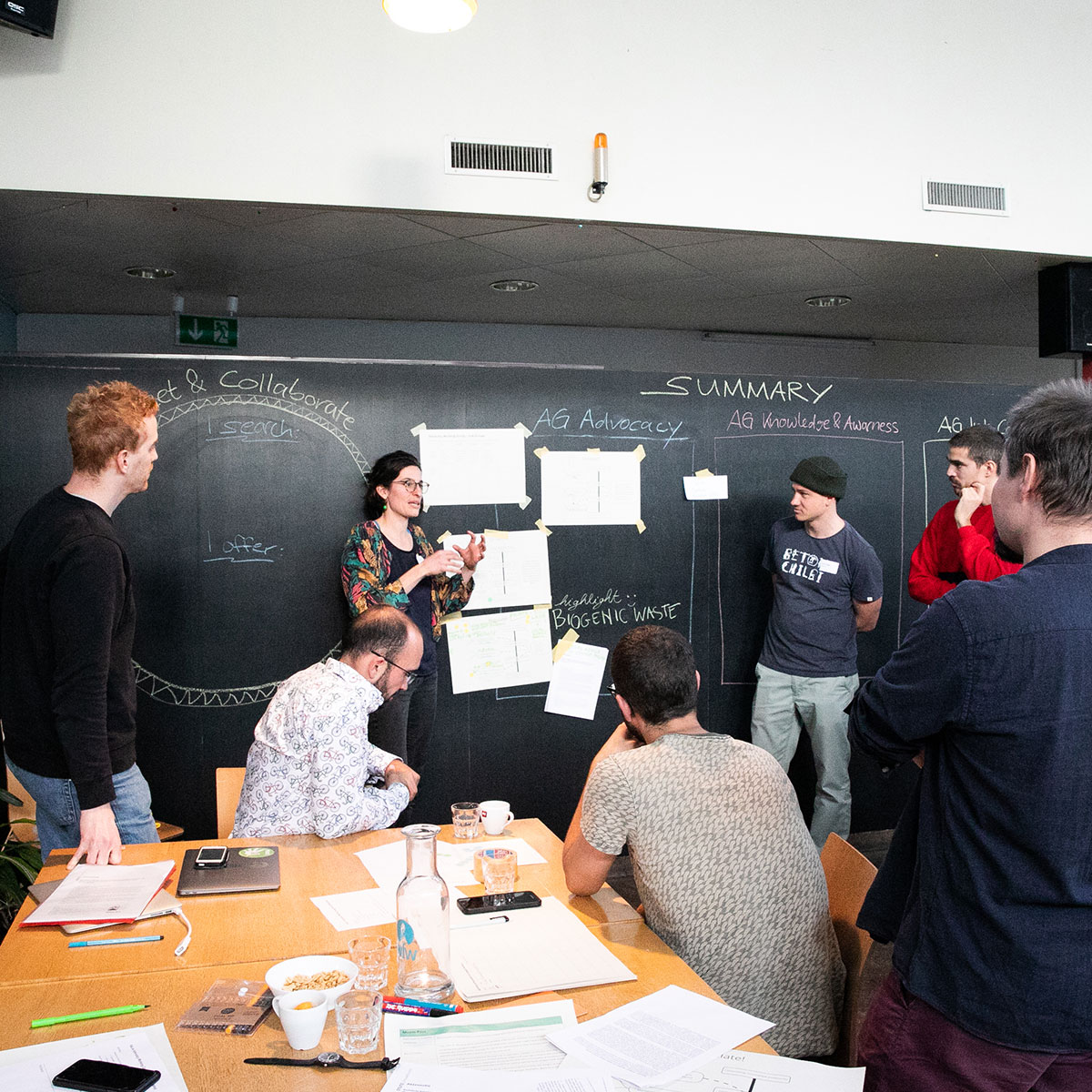
"Purely plant-based cuisine is a powerful game changer.”
Interview with Sophia Hoffmann, vegan chef, book author and co-founder of Happa restaurant in Berlin, about how the menu changes when you factor in water consumption and what it takes to reap the rewards of sustainability.
Read more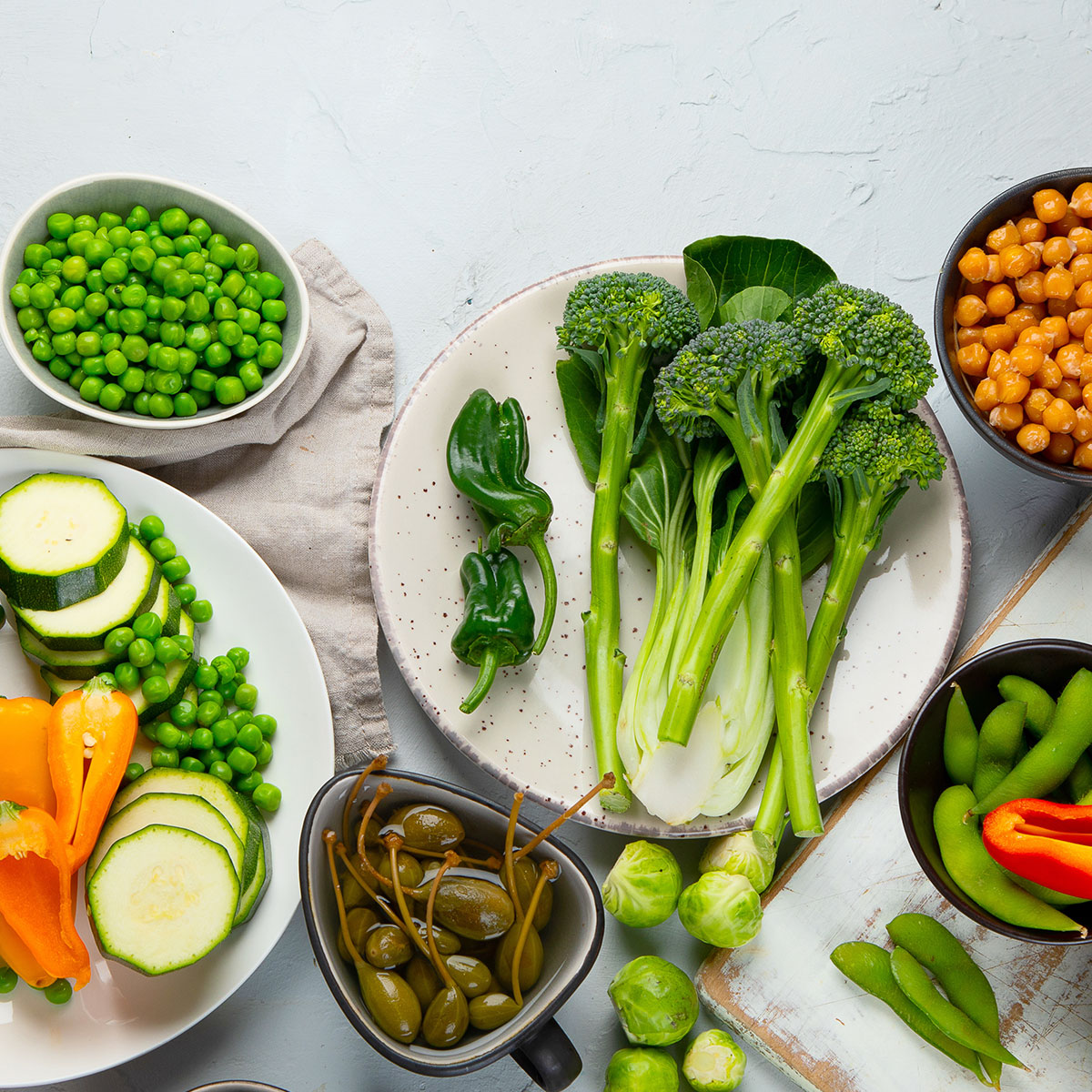
The world is what it eats.
Our nutrition, climate change and how we use water are all connected. And we, as in the wealthier industrialised nations, must pave the way and find a way to adopt a climate-friendly diet. It should be a win-win situation for all of us, without compromising quality of life. An interview with Science Journalist and Author Mathias Plüss.
Read more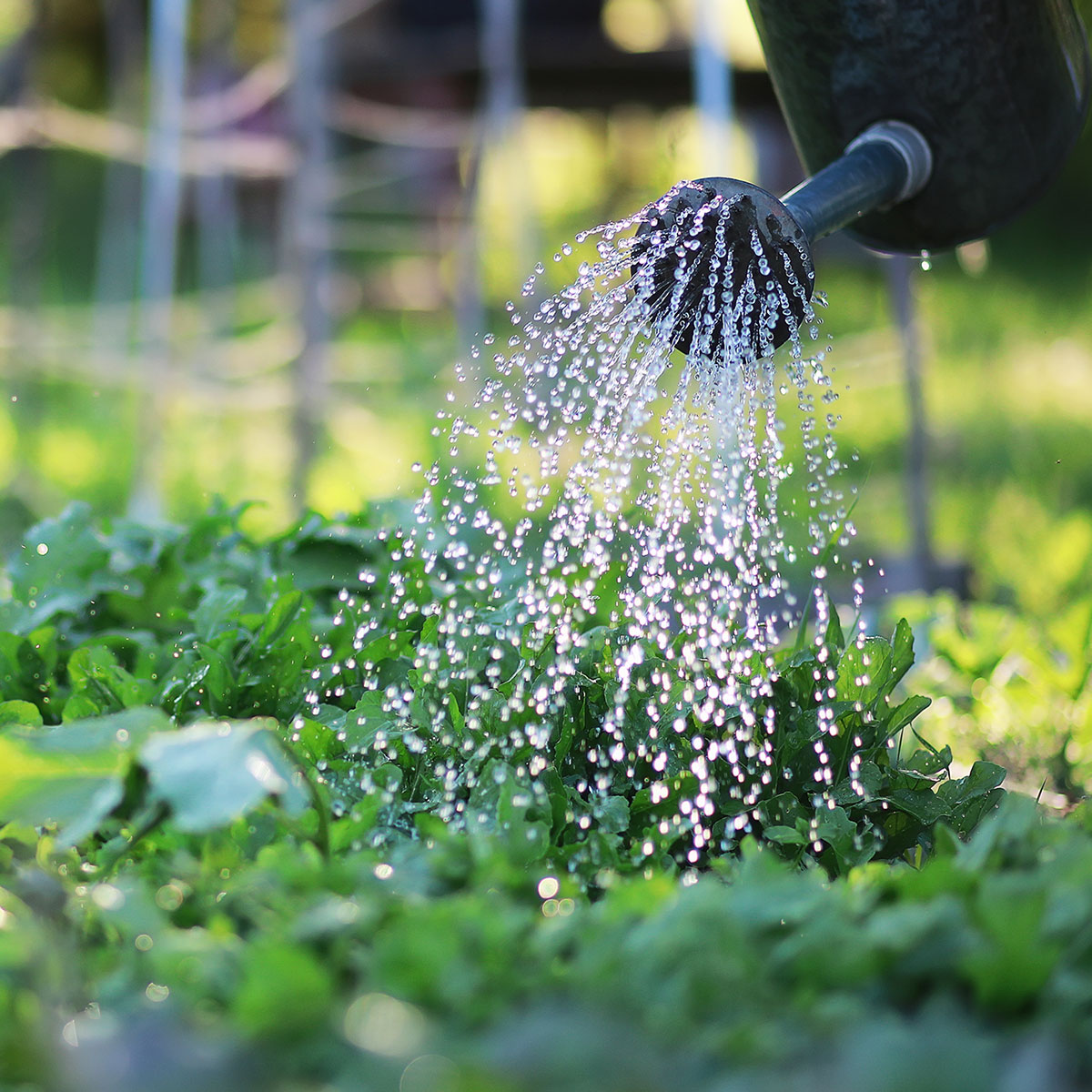
Today's idea, tomorrow's impact: From 0 to 100 Coaching!
You have it. A transformative idea, the solution to our water issues. Perhaps. Are you not quite sure? Then apply now for From 0 to 100 coaching, which will take you and your idea to the next level.
Apply now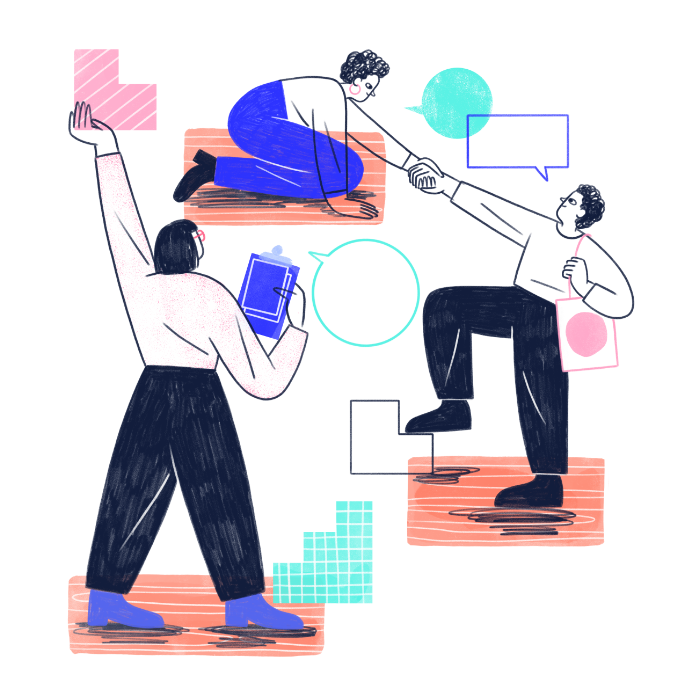
Water in (climate) change: Approaches for a more sustainable use of water
Flooded stretches of land, villages and cities on the one hand, dried-up fields and rivers on the other. With the effects of climate change, the water cycle is becoming increasingly unbalanced. What to do?
Read more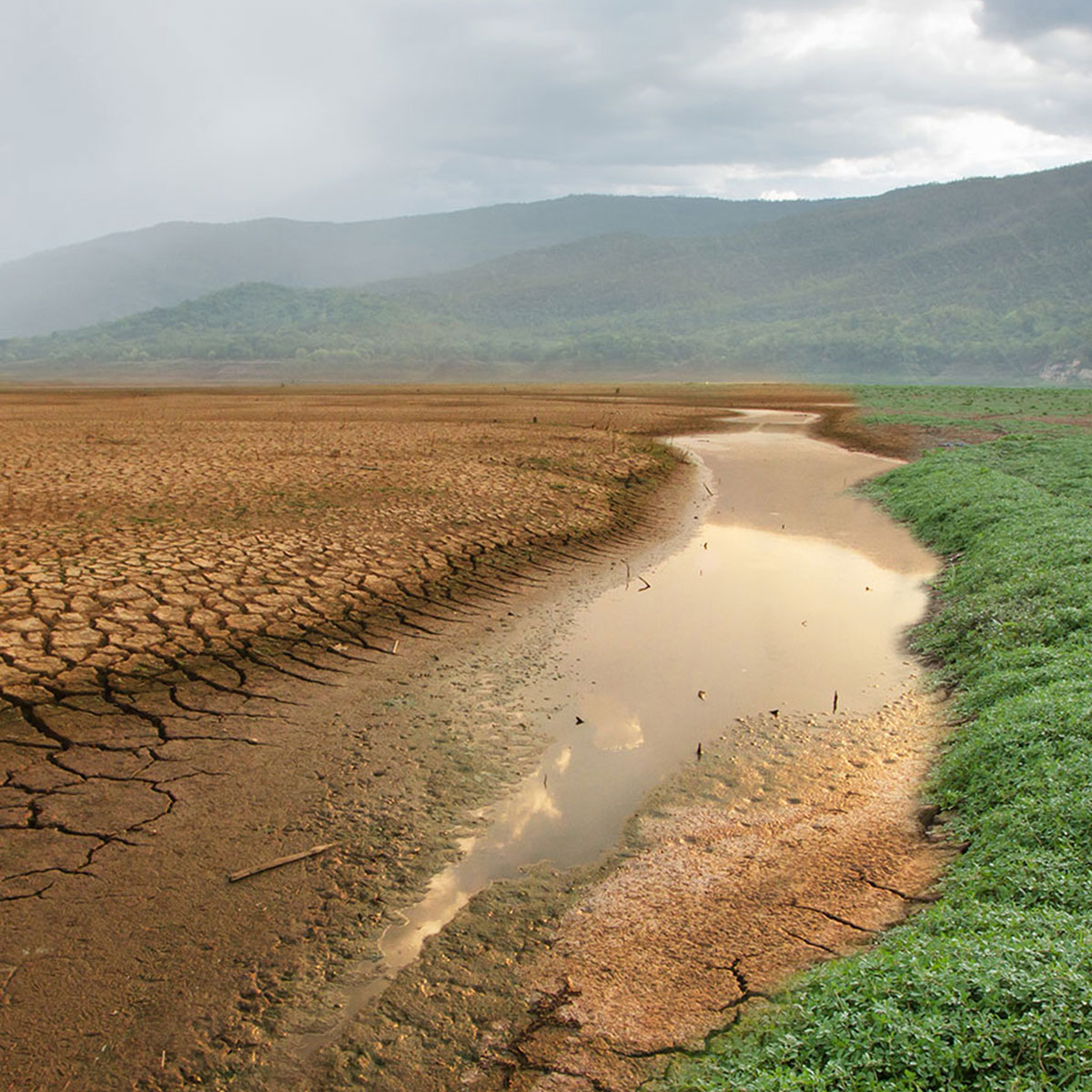
«We need to see feasible courses of action for us.»
An interview with Lea Dohm, psychotherapist and Psychologists4Future co-founder about the challenges of the climate crisis and how we can get into action.
Read more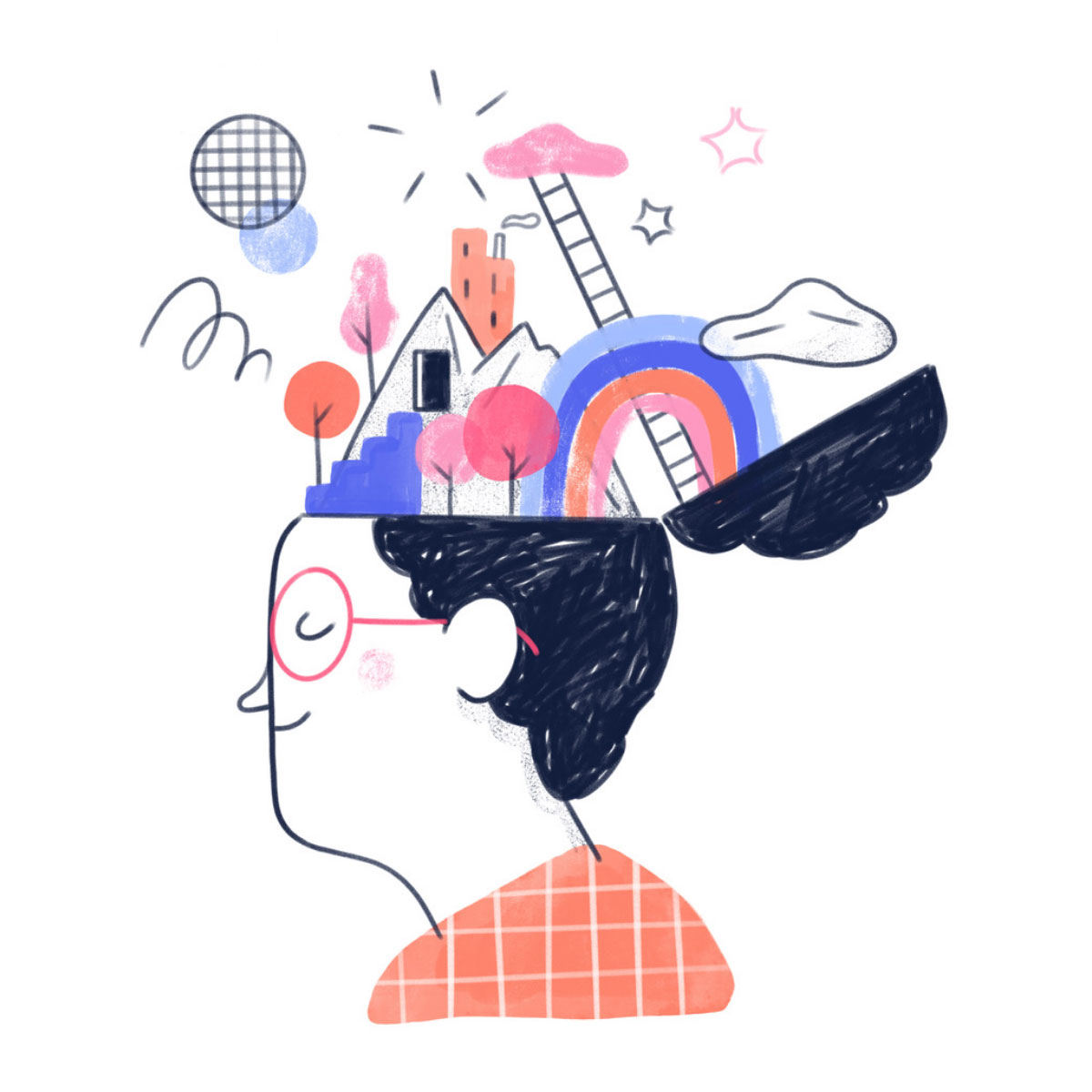
«Water is a flow, not a store.»
Tobias Schäfer, Water Protection Officer at WWF Germany talks to us about the water situation in Switzerland and Germany, about water as a circular economy par excellence and new approaches.
Read more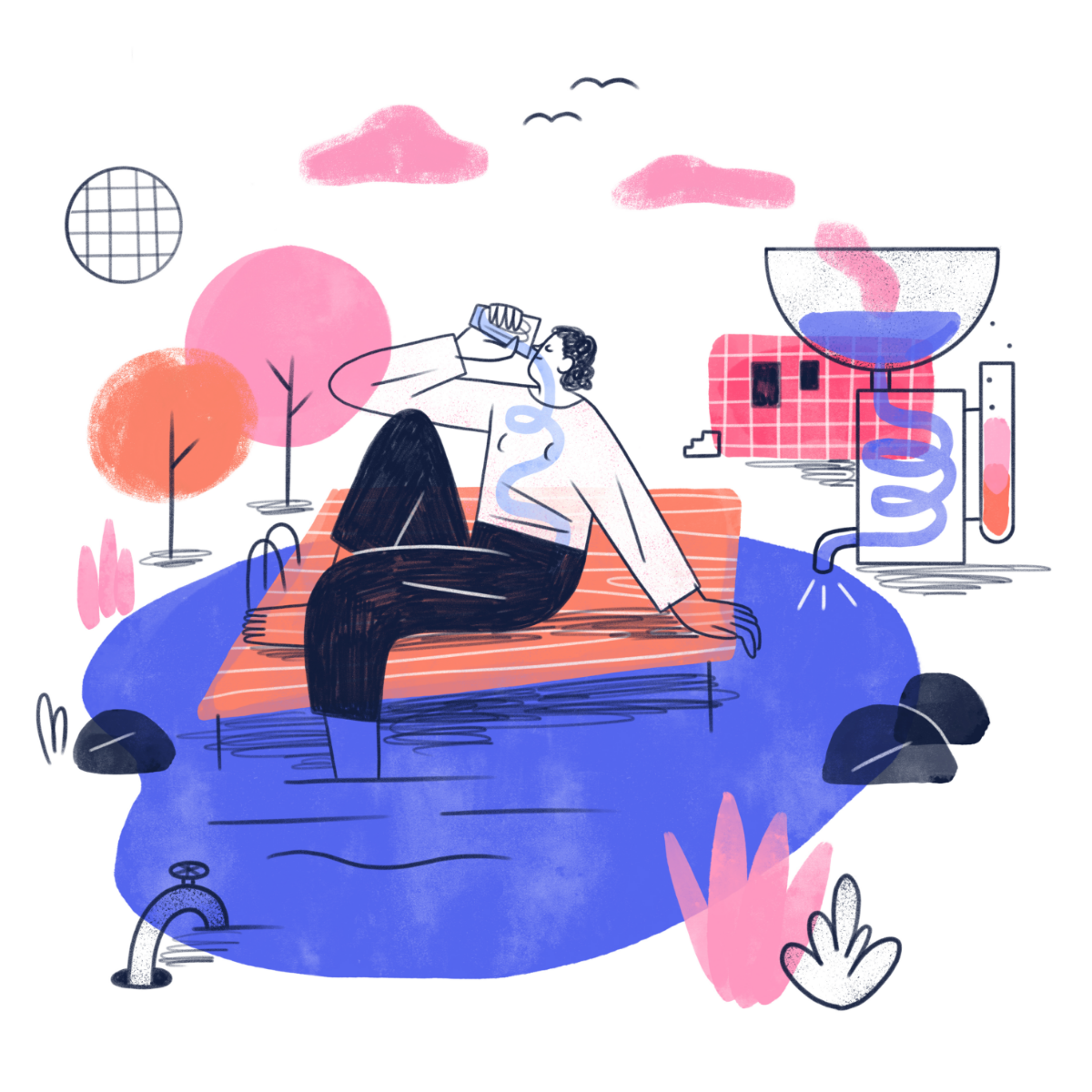
 Check out the manual
Check out the manual Try out the toolbox
Try out the toolbox Discover the water mission
Discover the water mission Get to know the Migros Pioneer Fund
Get to know the Migros Pioneer Fund